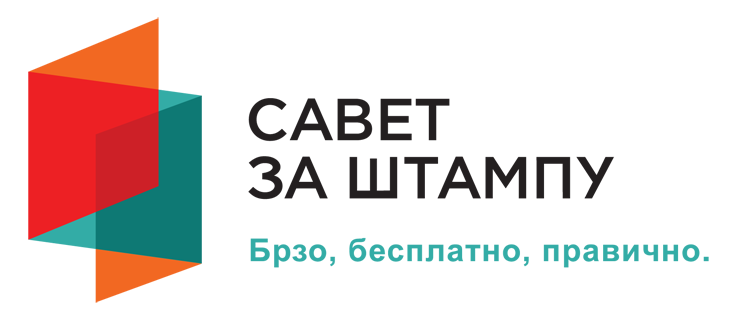Conference on Media Literacy: Citizens’ Weapon Against Manipulation
(Source: Beta)The development of media literacy—especially among young people—is crucial for enabling the public to distinguish information from disinformation and for supporting journalists’ work in line with the Code of Journalists, it was said at an event dedicated to this issue.
At the roundtable “Media Literacy as Citizens’ Weapon Against Manipulation,” organized by the Press Council, participants noted that modern technologies, which are easily accessible and in some cases free, contribute to the creation of disinformation.
Moderator of the roundtable, Jelena Milutinović, said that according to surveys from a few years ago, only 12 percent of citizens are media-literate, and more than half have difficulty distinguishing truth from disinformation.
Ana Martinoli, professor at the Belgrade Faculty of Dramatic Arts, explained that media literacy is a set of knowledge and skills that enables people to separate information from disinformation, whose purpose is to impose or change an opinion.
According to her, this relates to certain social events and political processes, and is further influenced by modern technologies that are readily available and sometimes free of charge.
The roundtable brought together young journalists, journalism students, activists, and representatives of media organizations, with the goal of using dialogue to identify ways to recognize and combat disinformation, the event announcement stated.
The responsibility of journalists, the role of ethics in reporting, and how education and media literacy can strengthen society’s resilience to manipulation were also topics of the event.
The announcement noted that in the contemporary media environment—where information is omnipresent but often unreliable—media literacy is becoming a key tool in protecting truth and democratic values.
It enables young people, especially future journalists, to develop critical thinking, recognize manipulative content, understand the role of ethics in reporting, and use media tools responsibly.
By strengthening media literacy, we build a more resilient society, empower individuals to seek and share accurate information, and create space for professional, independent, and trustworthy journalism that serves the public interest, the announcement said.
At the start of the event, excerpts from video interviews with ten prominent journalists—produced as part of the “Journalists Respect the Code” initiative—were presented.
The Press Council is an independent, self-regulatory body that brings together publishers, owners of print and online media, and professional journalists.
It was established to monitor compliance with the Serbian Journalists’ Code of Ethics in print and online media and to resolve complaints by individuals and institutions regarding print media content.
